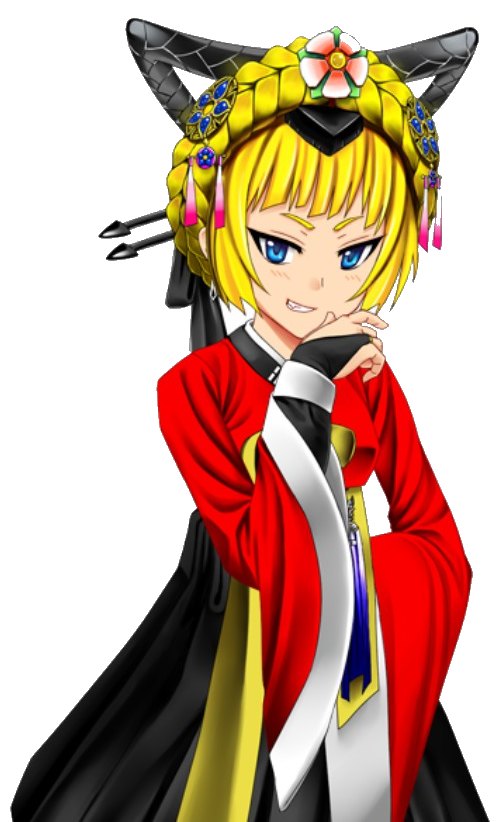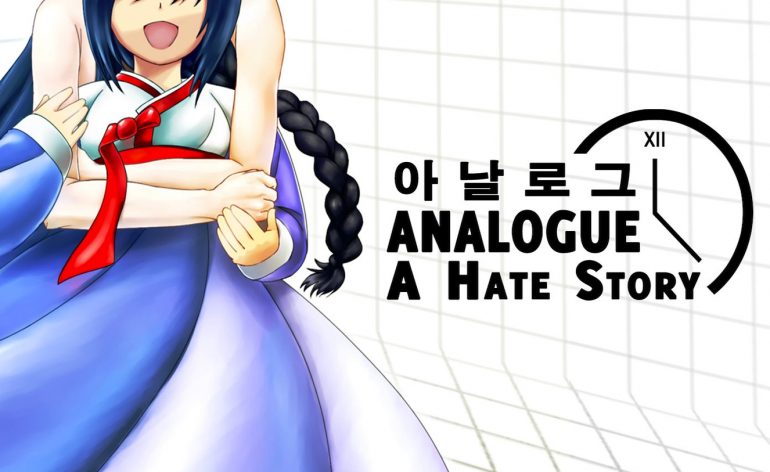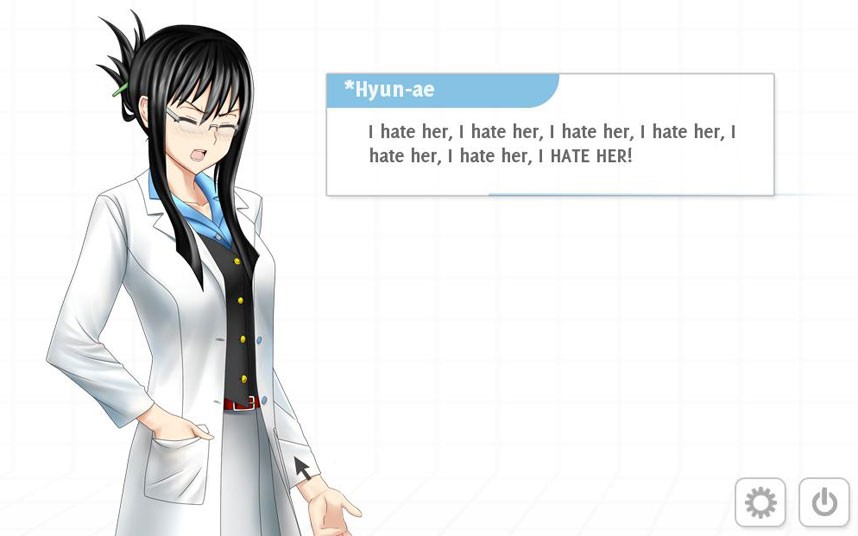Cosplay, Satire and Sexism – Analogue: A Hate Story is Awesome
Books are awesome. But making a book an interactive experience, making it leave the page and enter the land of games, is much more difficult. The most common example of the attempt are visual novels. Visual novels are really hit or miss; to make a game that is also a book, you need to make your largely text-based experience immersive. Analogue: A Hate Story, is the most spot-on, out-of-the-park visual novel I’ve ever ‘played.’ Immersive doesn’t even begin to touch this story – try enthralling.
The Lone Investigator
Analogue starts with a very simple concept – you are a nameless interstellar investigator. You’ve just got a job to recover the logs of the recently rediscovered ship Mugunghwa, a massive vessel that went missing over 600 years ago. When you connect with the ship, the helpful ship’s AI, *Hyun-ae (the star is silent!), greets you and begins to assist with your investigation. Another AI, the ship’s crass security system, *Mute, appears later.
The meat of the story happens as you discover the logs of the ship’s populace, which plays out via letters, diary entries and reports. The history of the Mugunghwa is mysterious – an unknown event on the ship many years in the past destroyed advanced civilization and reset the clocks to Year 1. This destruction eventually shifted the culture of the ship from a modern Korean view to the backwards Joseon Dynasty outlook that permeates the populace’s logs.
 “Men are honored, woman are abased”
“Men are honored, woman are abased”
The Joseon Dynasty ruled Korea for over 500 years (1392 – 1897). Setting this culture in space is truly an interesting twist, and Christine Love, the writer of Analogue (as well as Digital: A Love Story, of which Analogue is a spiritual sequel of), doesn’t hesitate to demonstrate how misogynistic, bureaucratic and strangled by societal rules the Mugunghwa has become.
A good deal of the story is told through the entries of a teenage girl with a terminal illness. This girl, the Pale Bride, was cryogenically frozen well before the Year 1 reset and unfrozen by the high-ranking Kim family so they could offer her to the ship’s Emperor/Captain (which seems like a largely useless title, as this populace no longer has control of the Mugunghwa’s flight) in an attempt to curry favor. The Pale Bride’s viewpoint violently demonstrates the misogyny in the Mugunghwa’s society as her ‘family’ tries to force her to understand their version of ‘filial piety’ and a woman’s place (which is rarely outside of their home – in the Joseon Dynasty, a woman visiting a shrine or outdoor celebration could be punished with 100 lashes).
As you uncover more and more logs, you begin to realize that not only is the story you’re reading being told by the most unreliable of narrators but that even the cute AI girls uncovering logs for you might have their own agendas. The Mugunghwa’s fate is closely entwined with The Pale Bride’s, but she is not the only side of this story, as *Mute reveals more logs from the Kim family’s rival clan, the Smiths, and you even begin to read diary entries from the Empress of the ship.
“I never even knew her name”
Analogue is dark, interesting and subversive. The art, UI and music are all upbeat – light colors, fast beats. *Hyun-ae and *Mute are cutesy anime-esque manhwa girls; big eyes, exaggerated expressions, fancy clothing. *Mute is the more mature (even crass) character of the two (“Let me be as clear as I possibly can…I fucking hate that guy!”), she’s also, as Love described her, ‘cheerfully misogynist,’ as she’s programmed with the Mugunghwa’s institutionalized sexism.
*Hyun-ae, on the other hand, is arguably the star of the visual novel. What Love has done with Hyun-ae really endeared me to the game. While the story *Hyun-ae reveals is full of abuse, misogyny and pain, Hyun-ae herself is a nearly stereotypical manhwa girl – occasionally tsundere and a self-confessed cosplay fan. *Hyun-ae’s characterization is practically satire of characters in dating sims – even the achievement you can get for her ‘best’ ending is sarcastic (“You’re the first person she’s seen in centuries, but it must be true love~”).
Analogue has five possible endings (including a cheat-the-system ‘harem ending’ that requires a bit of research to achieve). It doesn’t take long to get an ending – I had it cleared in less than two hours. It took me about six hours all told to get all of the endings and Steam achievements (except for the really mean ones! I can’t bring myself to ‘treat *Hyun-ae with the sort of respect she’s used to’ or let the ship blow up with both AIs still on-board) it’s not complicated when it comes to gameplay. There’s a Linux-style interface that makes the game a little more interactive than the usual visual novel, a feature which could have been used more for gameplay but was still an effort I appreciated.
After The End
Hate Plus, the DLC sequel, should be released sometime in July. It will use one of your Analogue endings to continue the story, which promises to be *Mute’s backstory as Analogue itself is *Hyun-ae’s. Love has said Hate Plus will be more in-depth than its predecessor and will explore whatever event led to the breakdown of modern civilization on-board the Mugunghwa.
While we’re waiting for more of *Hyun-ae and *Mute in Hate Plus, I really recommend picking up Analogue: A Hate Story on Steam. By satirizing dating sims and visual novels while still telling a dark, complex story of institutionalized misogyny, abuse and harmful traditional values, Analogue is wonderfully subversive and hard not to love if you like laughing at the genre while appreciating deft writing.
You can pick up Analogue: A Hate Story on Steam for $10 and you really should. Follow Hate Plus on Christine Love’s blog.




